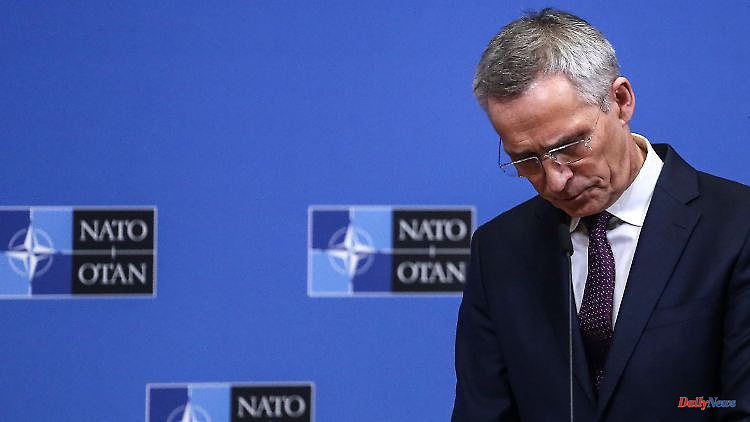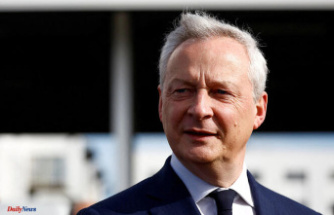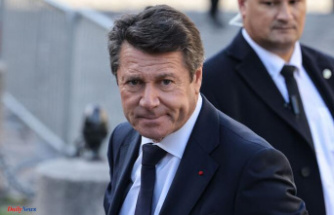Putin is putting the nuclear disarmament treaty with the USA on hold - there is no longer any possibility of control. NATO Secretary General Stoltenberg views this announcement with great concern. Meanwhile, the United States is making it clear that they are keeping an eye on Moscow and are making preparations for emergencies.
NATO Secretary General Jens Stoltenberg has sharply criticized the Russian announcement to suspend the "New Start" nuclear disarmament treaty. "With today's decision on 'New Start', the entire arms control architecture has been dismantled," said the Norwegian in Brussels. He urged Russia to reconsider the decision and respect existing agreements. "More nuclear weapons and less arms control make the world more dangerous," he said.
US Secretary of State Antony Blinken called Russian President Vladimir Putin's announcement that he would suspend participation in the New Start treaty "deeply unfortunate and irresponsible". The US is now watching closely what the Russian government is actually doing. "Of course we will make sure that we are adequately prepared for the security of our own country and that of our allies," said Blinken in Athens.
Russian President Vladimir Putin had announced the suspension shortly before in a speech in Moscow. NATO has been openly accusing Russia of violating the agreement for several weeks. Russia's refusal to allow US inspections on its territory undermines the future of the treaty, said a Feb. 3 statement from the 30 allies.
This also applies to the country's refusal to convene a meeting of the bilateral advisory commission within the contractually agreed period. The New Start disarmament treaty is the only remaining major arms control agreement between the United States and Russia. The treaty limits the nuclear arsenals of both countries to 800 delivery systems and 1,550 operational warheads each. In addition, it is regulated that Washington and Moscow can exchange information about their strategic nuclear arsenals and hold up to 18 verification visits per year.












